
November 17, 2021
Newsletter Climate and EnvironmentDepartment of JusticeExecutive BranchFederal ReserveIndependent AgenciesTreasury Department
After Infrastructure Week
Congressional selfies and self-congratulations inaugurated the week, but a lot of hard work remains to translate the Infrastructure Investment and Jobs Act’s (IIJA) policies into real-life results. Given that those policies are (generously) middling and that the most promising ones are underfunded, turning these into winning programs will demand energy, creativity, competence, and a strong commitment to the public interest.

October 20, 2021 | The American Prospect
Who’s Really Running Justice?
It was never a secret that Attorney General Merrick Garland was among the key Biden administration figures opposing Jonathan Kanter’s nomination as assistant attorney general for antitrust. Ultimately, however, Garland did not get his way; the appointment went to Kanter rather than to one of the many Big Tech–allied BigLaw partners whom Garland favored. In view of Kanter’s career as a plaintiff’s lawyer, his nomination was rightly celebrated as a decisive victory by antitrust reformers and BigLaw opponents alike. But it was just one battle in a broader war for renewed anti-monopoly enforcement and a DOJ eager to build back better in every policy area.
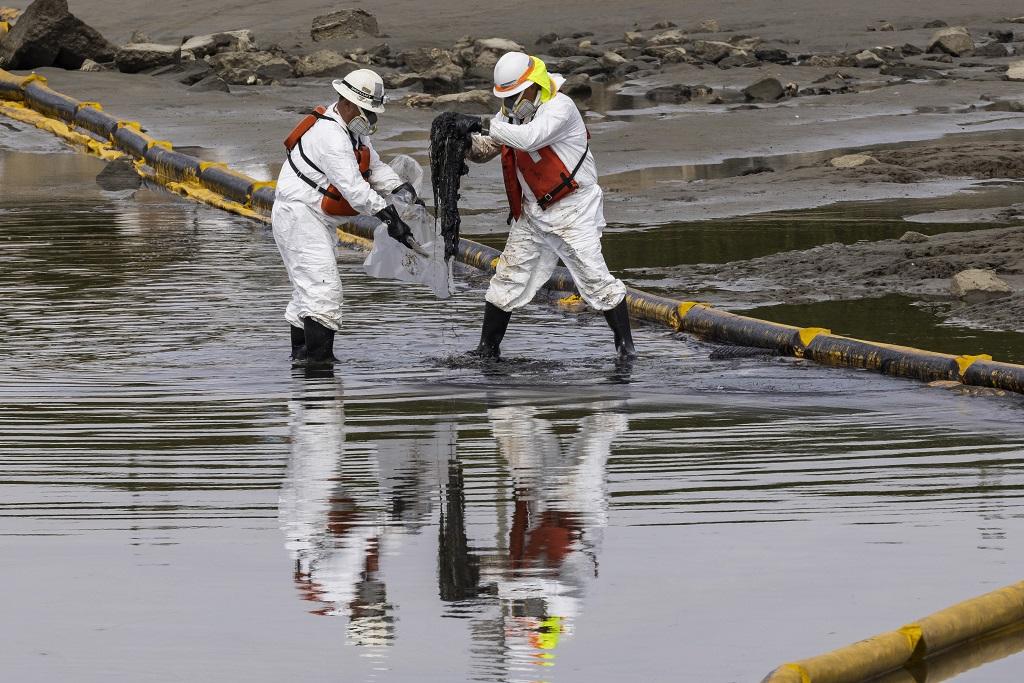
October 08, 2021
How Biden Can Take On the Climate Crisis by Himself
President Biden has failed to live up to his promise to progressives to be a climate president. U.S. emissions continue to rise. Last week, 23 unique plant and animal species were declared extinct. A catastrophic pipeline oil spill in California is actively killing fish, birds, and wetland ecosystems. And in violation of treaty rights that are constitutionally the supreme law of the land, Biden allowed Enbridge’s Line 3 tar sands pipeline to become operational on October 1, which will add emissions equivalent to 50 new coal-fired power plants and will inevitably spill. Biden is standing in support while water protectors are violently arrested and the Anishinaabe peoples living in the path of the project are terrorized and abused.

October 06, 2021
Blog Post BigLawClimate and EnvironmentDepartment of JusticeEthics in GovernmentExecutive BranchRevolving Door
Chevron Firm Which Hounded Donziger Has Allies In The Biden Administration
Alumni of Gibson Dunn, the law firm that helped Chevron go after Steven Donziger, have influential executive branch jobs under Biden.
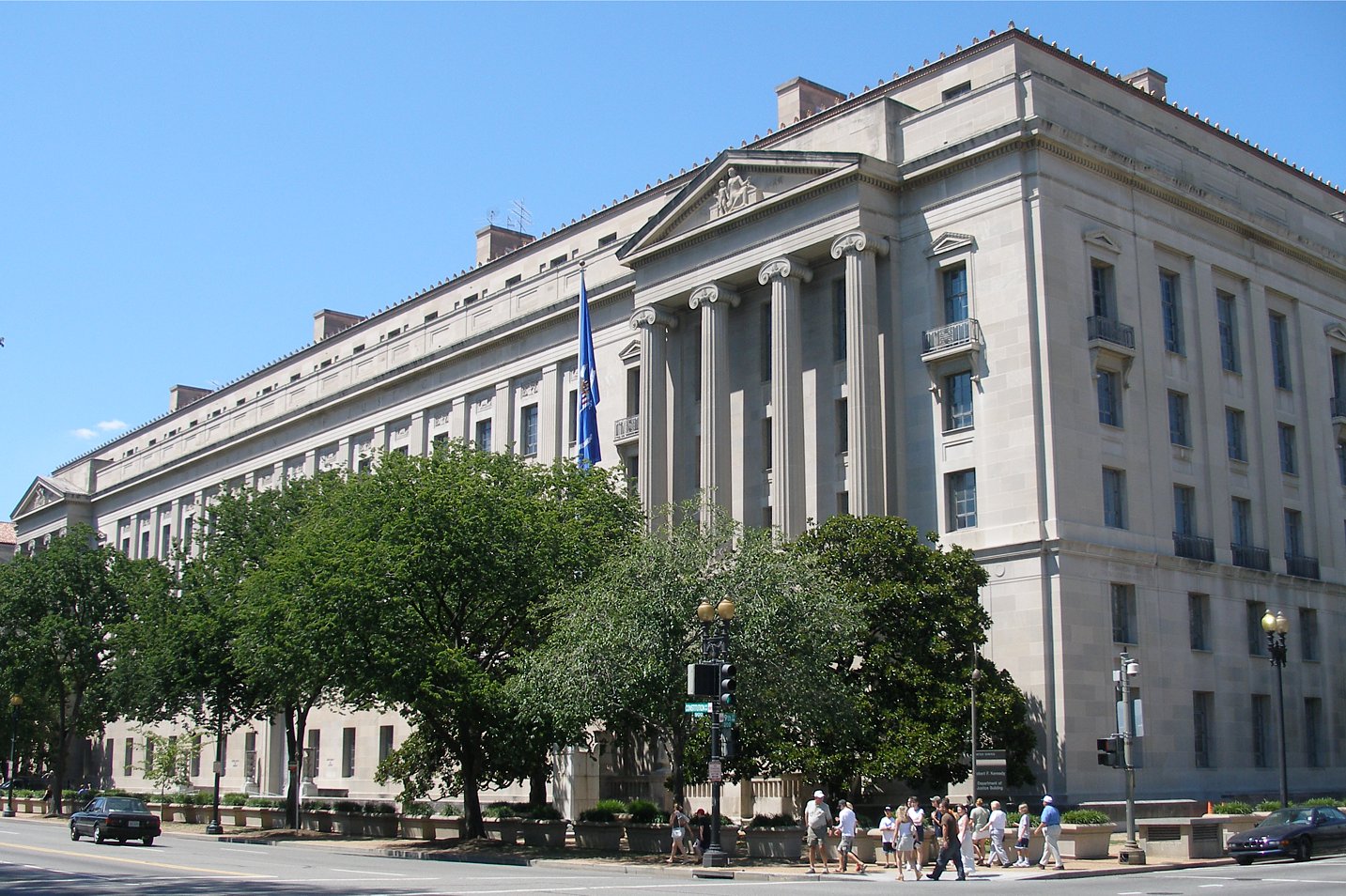
September 30, 2021
Coalition Calls on DOJ to Give Kanter "Sufficient Independence and Discretion"
We write to you as a broad coalition of organizations committed to holding corporations that engage in anti-competitive behavior accountable. For far too long, Washington has sat by as technology industry giants have accumulated monopoly power at the expense of consumers and competitors alike. The nomination of Jonathan Kanter to serve as Assistant Attorney General for the Department of Justice Antitrust Division is a strong step toward turning President Joe Biden’s vision of an open economy into reality.
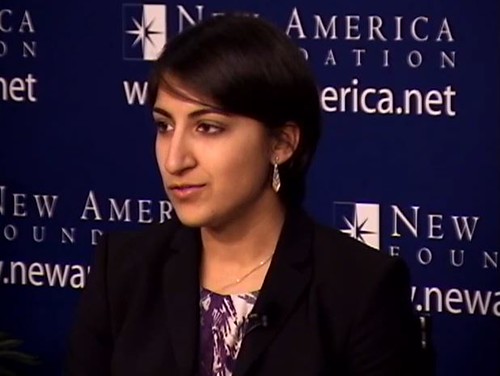
September 16, 2021 | The American Prospect
Closing the Revolving Door in Antitrust
Economic consulting firms hire former officials to undermine antitrust efforts. Here’s how to stop that.

September 01, 2021 | The New Republic
Big Tech’s Attacks on Biden’s Anti-Monopoly Regulators Are a Joke
In a move cheered by progressives and antitrust reformers, President Biden has nominated Jonathan Kanter to serve as assistant attorney general for antitrust. Kanter’s nomination, alongside that of Lina Khan to lead the Federal Trade Commission earlier this year, is the latest sign that this administration is, for the first time in generations, fiercely committed to enforcing antitrust laws. However, this generation’s most notorious monopolies—Amazon, Facebook, and Google—are making it vividly clear that they will try anything to retain their power. That apparently includes lobbing poorly reasoned, transparently bad faith calls for their newly anointed foes to recuse themselves from relevant cases.

August 30, 2021
Merrick Garland Is Failing His Biggest Test
In the past week, the Supreme Court decided to embrace its most evil tendencies, first by stating that Biden could not end Trump’s horrendous “Remain in Mexico” policy, then by clearing the way for millions to be evicted. It issued both these consequential rulings on the “shadow docket,” without even granting a fair hearing. The cruelty is breathtaking but hardly surprising. Ultimately, it underscores what we’ve always known: Biden’s agenda will face an uphill battle in the courts.
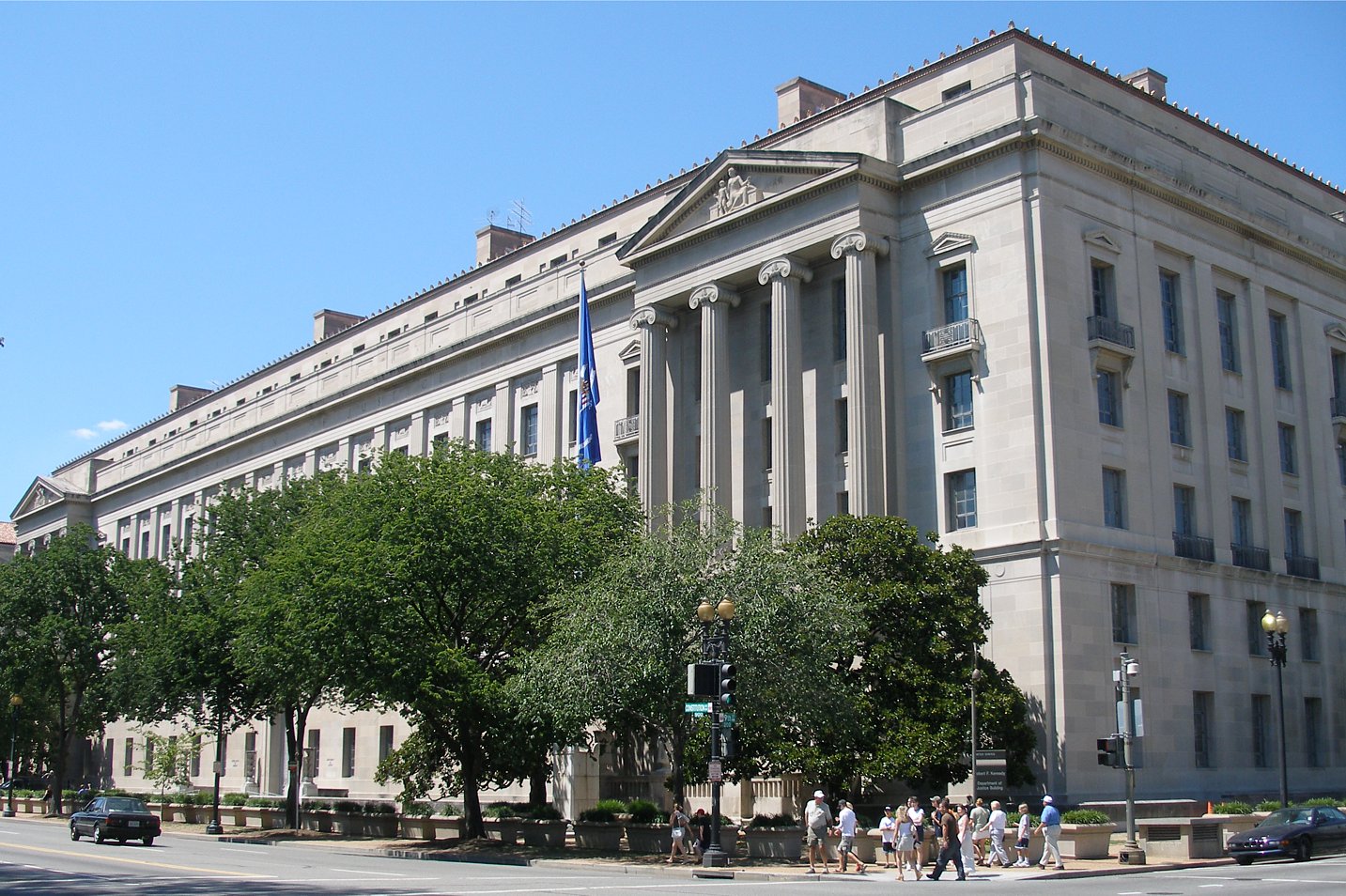
August 24, 2021
Acting Solicitor General Elizabeth Prelogar's Record Inspires No Confidence As She's Nominated To Permanent Role
Earlier this month, Biden nominated Elizabeth Prelogar for the position of Solicitor General. Prelogar, who has served as Acting Solicitor General since January, was an expected choice – her nomination was met with little more than a shrug of acquiescence and lingering questions about why the position had gone unfilled for so long. Despite Prelogar’s long history of working within the Department of Justice, her recent stint at the corporate BigLaw firm Cooley LLP and many of the decisions she made as Acting Solicitor General raise troubling questions about conflicts of interest and her commitment to fighting hard for the public interest.
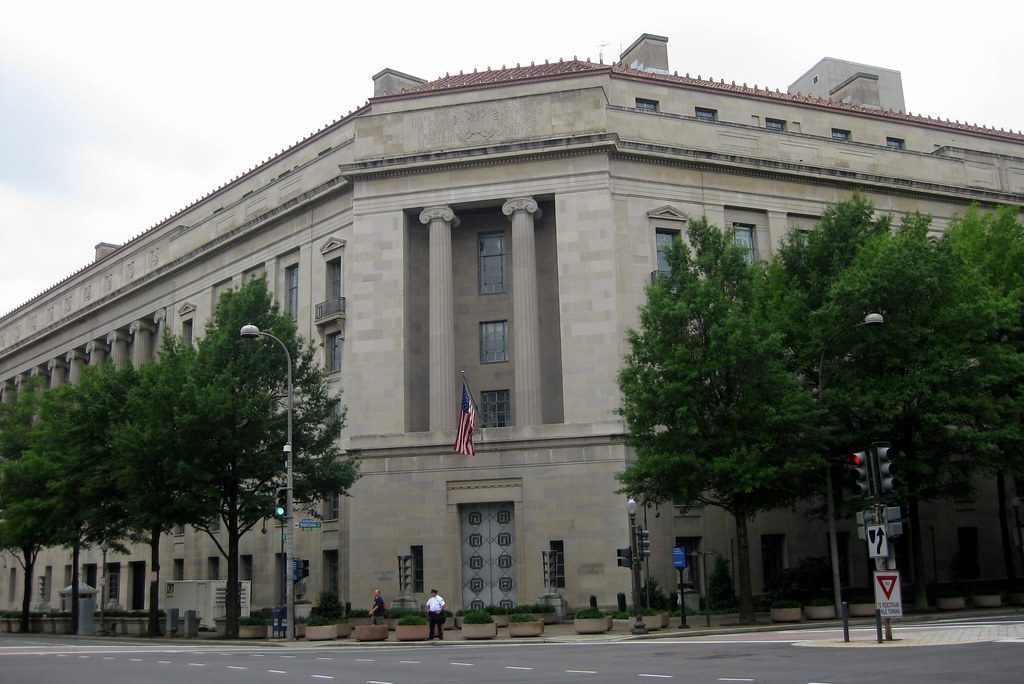
August 19, 2021
Trump DOJ Official’s Plot To Undermine 2020 Election Sheds New Light On The “Neutrality” Of Corporate BigLaw Attorneys
Here at the Revolving Door Project, we’ve been very loud about the damaging impact of BigLaw on the executive branch and the myth of corporate BigLaw attorneys as neutral arbiters of laws involving their own clients and bottom lines. Recent revelations about former Assistant Attorney General Jeffrey Bossert Clark and his role in the attempts to undermine the 2020 election have further underscored the absurdity of these arguments, calling into question the continued influence of corporate BigLaw in the Biden Administration.

August 18, 2021
Who’s Afraid of Brett Kavanaugh’s Scorn?
The U.S. Court of Appeals is set to rule on the Biden Administration’s eviction moratorium sometime this week. No matter how it decides, however, it is already clear that those who argued against a new moratorium were wrong. A Trump judge has acknowledged that she must, begrudgingly, sustain it for now. By fighting, rather than preemptively surrendering, the administration has ensured that millions of Americans can stay in their homes for weeks longer. That is undoubtedly worth any embarrassment that government lawyers may feel from potentially eventually losing a case.
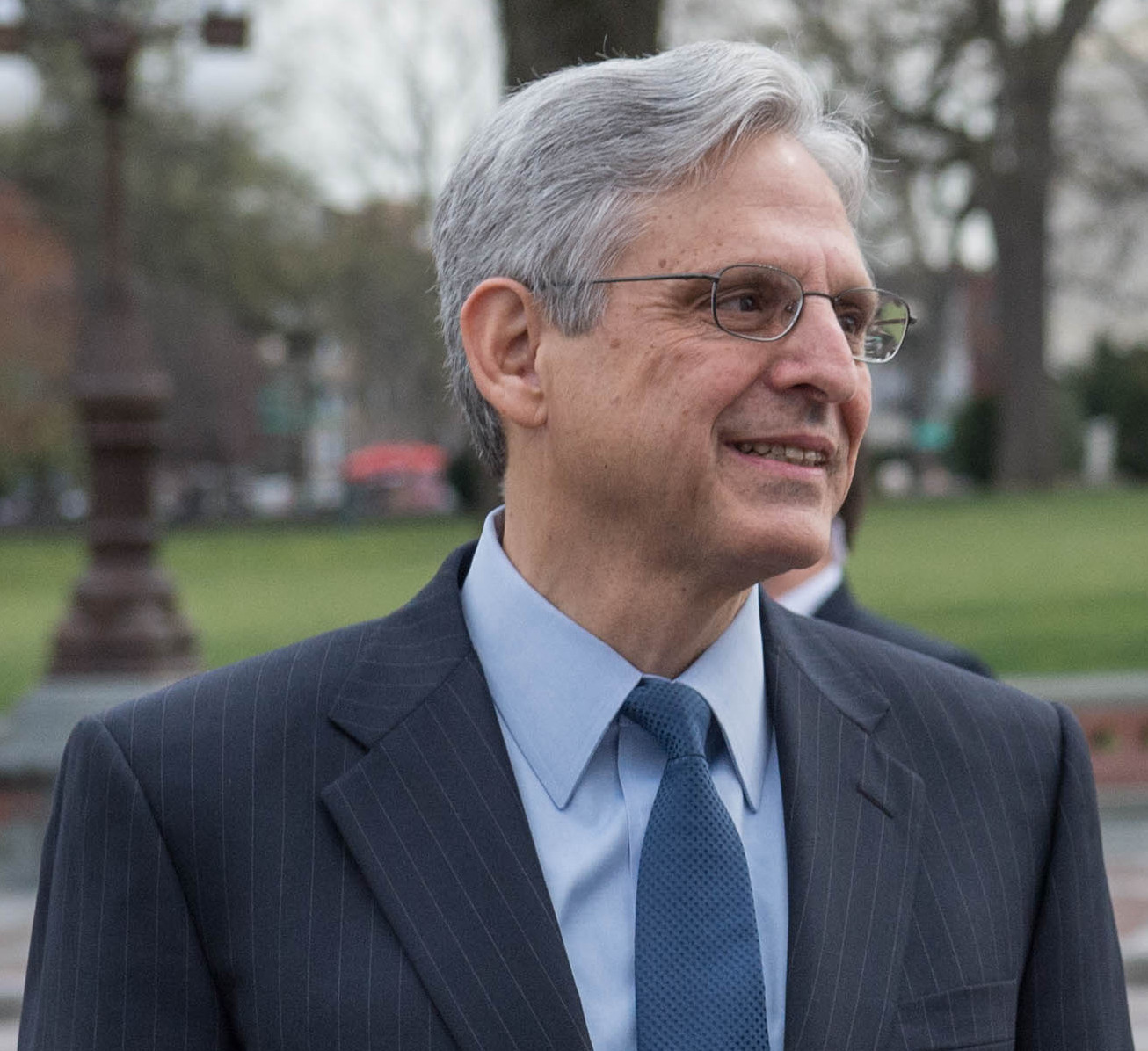
August 05, 2021 | Talking Points Memo
Institutionalism Can’t Save Us Now
We have no shortage of information about how historically bad an Attorney General William Barr was. His tenure was marked by attacks on LGBTQ rights, immigrants, and peaceful protestors. His overt politicization of the investigations into Russian interference in the election, the Mueller report, and Roger Stone’s sentencing are well-documented, and in a continuing headache for the Biden Administration’s DOJ, Barr’s Justice Department’s intervened to protect Trump against E. Jean Carroll’s defamation lawsuit against him just two months before the election. And yet, as we saw this week following revelations that his DOJ declined to prosecute Commerce Department officials for lying about the provenance of the Census citizenship question, what we know merely scratches the surface.

August 03, 2021
How Biden and Garland’s DOJ Can Increase Community Oversight of the Police
As people across the country continue to demand greater accountability for police misconduct, Revolving Door Project is working through its Police Accountability series to make clear how the Department of Justice can answer some of those calls. Part 1 of the series scrutinized the lack of federal, systematic data collection on law enforcement misconduct barring police accountability, explored pockets of power within the DOJ laying the groundwork for police oversight, and suggested 3 proposals. Part 2 of the Police Accountability series called for the relaunching of the Bureau of Justice Statistics’ Arrest-Related Deaths program with a tested redesigned hybrid methodology. This piece introduces a second proposal wherein new conditions are placed on grants awarded out of the Office of Community Oriented Policing Services’ (COPS) in an effort to leverage federal funds to actualize grassroots governed police oversight mechanisms.
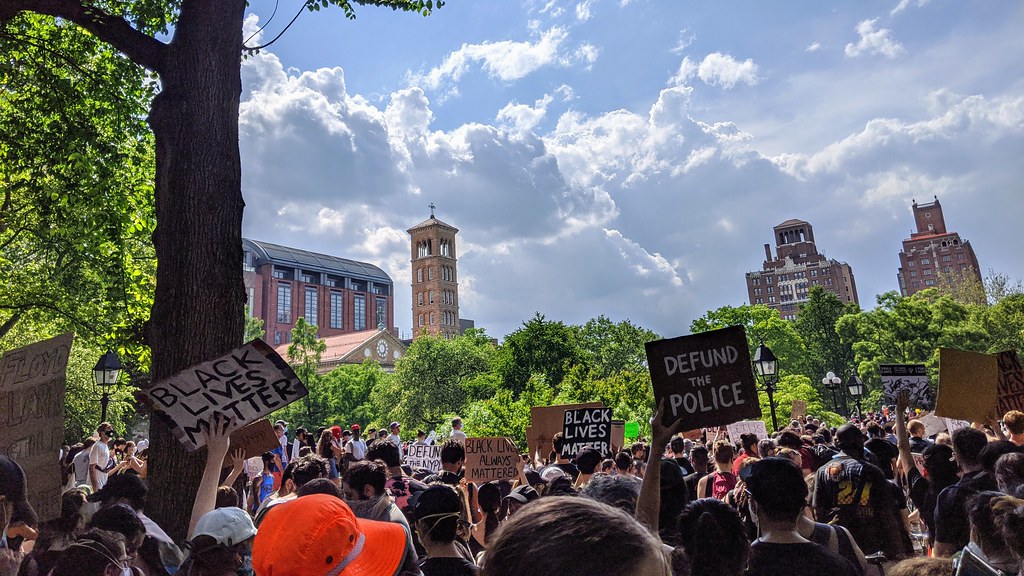
August 02, 2021 | The Forge
How DOJ Can Defund the Police
One year ago, Minneapolis police officer Derek Chauvin’s murder of George Floyd sparked an international rebellion against police violence. From this historic uprising, a longtime demand from the Black Lives Matter movement to end mass incarceration and police violence by defunding the police became a part of mainstream discourse. Local campaigns like #defundNYPD and national studies like Freedom to Thrive: Reimagining Safety and Security in Our Communities have fleshed out the meaning of defund, envisioning municipal and state budgets that invest in social safety nets over criminalization. But the executive branch ― the branch of government that creates the rules and regulations that guide the execution of federal law ― remains under-examined as a lever to effect systemic change.

July 29, 2021
Biden's Executive Order Promises Relief For Farmers. Will It Deliver?
The administration’s staffing vacancies could undermine Biden’s promise to help family farms fight Big Ag monopolies.
